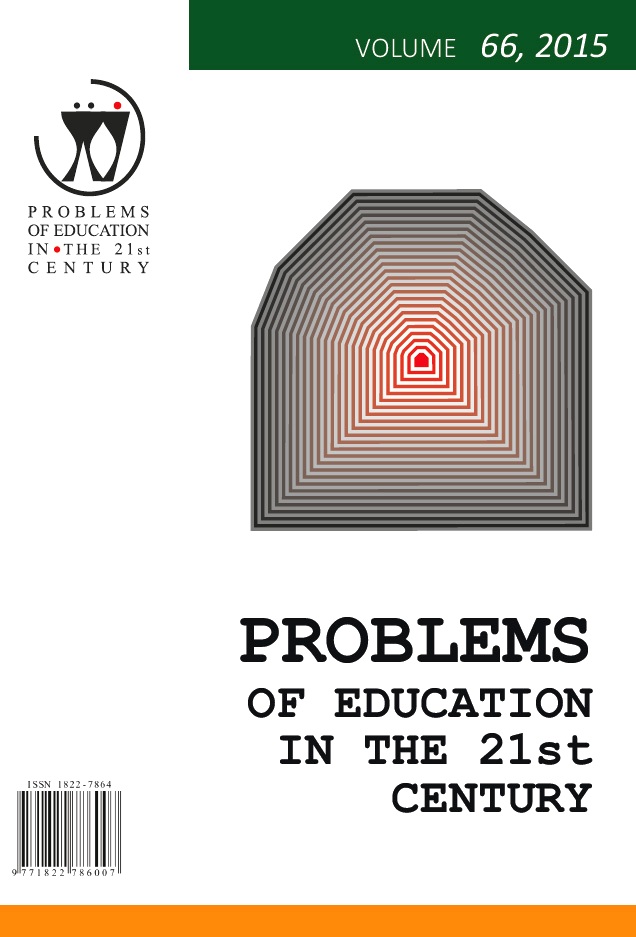THE IMPACT OF A PROFESSIONAL DEVELOPMENT PROGRAM ON IN-SERVICE TEACHERS’ TPACK: A STUDY FROM ESTONIA
THE IMPACT OF A PROFESSIONAL DEVELOPMENT PROGRAM ON IN-SERVICE TEACHERS’ TPACK: A STUDY FROM ESTONIA
Author(s): Piret LehisteSubject(s): Social Sciences, Education, Higher Education
Published by: Scientia Socialis, UAB
Keywords: ICT; in-service teachers; professional development; TPACK;
Summary/Abstract: Recently there has been a considerable interest in the Technological Pedagogical Content Knowledge (TPACK) framework for effective technology integration (Koehler et al., 2013). Researchers have been measuring how effective their professional development efforts have been for the development of teachers’ TPACK (Graham et al., 2009; Guzey & Roehrig, 2009). So far research is based only on short-term courses, so longitudinal studies are needed to examine the TPACK development of teachers across time (Hoffer & Grandgenett, 2012; Koh & Sing, 2011).A two-year in-service training program of educational technology (60 ECTS), based on the TPACK framework, was developed at Tallinn University Haapsalu College to support in-service teachers to effectively embed ICT into their classroom teaching. The first group of teachers (n=20) enrolled in the program in January 2014. This paper reports some preliminary findings of a longitudinal action research, the main aim of which is to evaluate the impact of the in-service training program of educational technology on teachers’ TPACK. The key questions for this research were: how do teachers’ perceptions of their TPACK levels change after participating in the training program for a year; which of the seven knowledge domains of the TPACK framework develop more than others; what is the impact of different knowledge domains on teachers’ TPACK perceptions.The TPACK questionnaire developed by Schmidt et al. (2009) was used to measure in-service teachers’ self-assessments of their TPACK during the first meeting of the training program and at the end of the first academic year.The research results revealed increase in all the domains of the TPACK framework. There was significant development of the teachers’ TK and TPACK, but only limited growth in CK and PK. Strong positive correlations were found between TCK, TPK and TPACK in the post-course survey.
Journal: Problems of Education in the 21st Century
- Issue Year: 66/2015
- Issue No: 1
- Page Range: 18-28
- Page Count: 11
- Language: English

